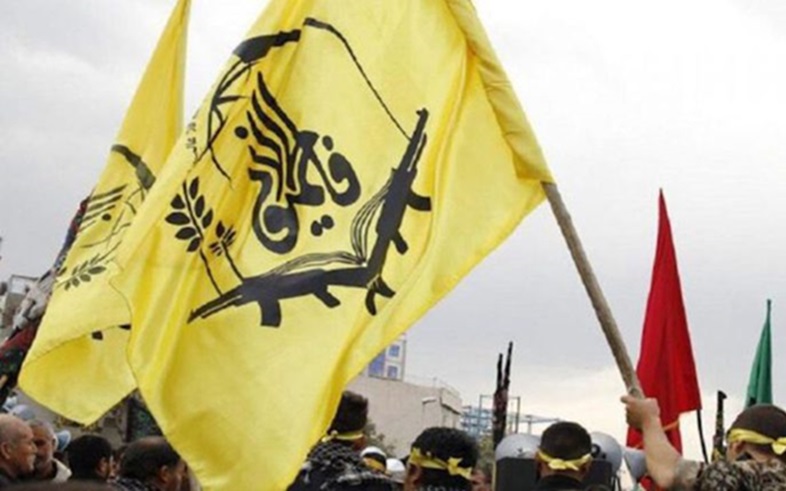In recent days, Syria has witnessed an escalation in attacks by opposition rebel groups, with the latest reports indicating that vast portions of Aleppo, the country’s second-largest city, have fallen into the hands of terrorist groups. The current situation signals the onset of another wave of war and conflict in Syria, which could potentially expand in scale and geographical scope in the region.
Given that political and military developments in the Middle East are often influenced by external factors and the involvement of global powers, it is easy to foresee that the recent chain of events in the region—including the prolonged conflict in Gaza, the war between Hezbollah and Israel, and the escalating tensions and reciprocal airstrikes between Iran and Israel—has led Western actors to adopt a strategy aimed at managing these crises. Their goal appears to be to weaken their adversaries gradually, forcing them to bear heavy costs and ultimately face defeat.
Since opposition rebels in Syria, after the significant defeat of ISIS, had largely withdrawn from the battlefield and lacked the capacity for direct confrontation with the Syrian army, the sudden resurgence of these groups and their unexpected attacks, culminating in the capture of Aleppo, clearly indicate the involvement of major powers behind the scenes and extensive support for these rebel groups.
In this calculated game, Western powers, which have historically provided a protective umbrella for active terrorist groups in Syria, are once again channeling financial and military support to further weaken Iran’s position in the region. Put differently, as Israel has yet to achieve a decisive victory over Hamas and remains mired in a protracted conflict, and with its conflict with Hezbollah also yielding no significant outcomes to change the battlefield dynamics, Western powers have assessed Iran’s influence in these conflicts to be substantial. They fear that if the current situation persists, future developments may turn against them, potentially resulting in severe losses for Israel. Consequently, they have instigated another war in Syria to weaken Iran and limit its ability to play an influential role in the region.
On the other side, Iran, fully aware of this agenda, is unlikely to relinquish its regional influence to its Western and regional rivals without a fight. Thus, Iran is compelled to utilize all available tools to combat the active terrorist groups in Syria, support the Syrian government and army, and defeat the rebels, thereby preserving one of its key allies and maintaining its sphere of influence.
Given past experience, the likelihood of Iran reactivating the Fatemiyoun Brigade and deploying it to fight in Syria is high. This group, composed of Afghan refugees, played a pivotal role in the past wars against ISIS and was considered one of the main forces behind ISIS’s defeat in Syria. It could once again be employed by Iran as an effective military tool.
The concern is that Afghan refugees, who have already endured significant hardships and are often sent to fight for minimal compensation to bolster Iran’s regional influence, may once again be exploited and victimized in these political games. It is hoped that Afghan refugees will approach this matter with greater awareness and caution.











Read More
Even Iran’s Senior Team Couldn’t Overpower Afghanistan – The Fear Was Evident
Afghanistan National Futsal Team Starts Strong with a Decisive Victory over Tajikistan
Afghanistan National Futsal Team Faces a Tough Challenge in the “Group of Death” at the Islamic Solidarity Games